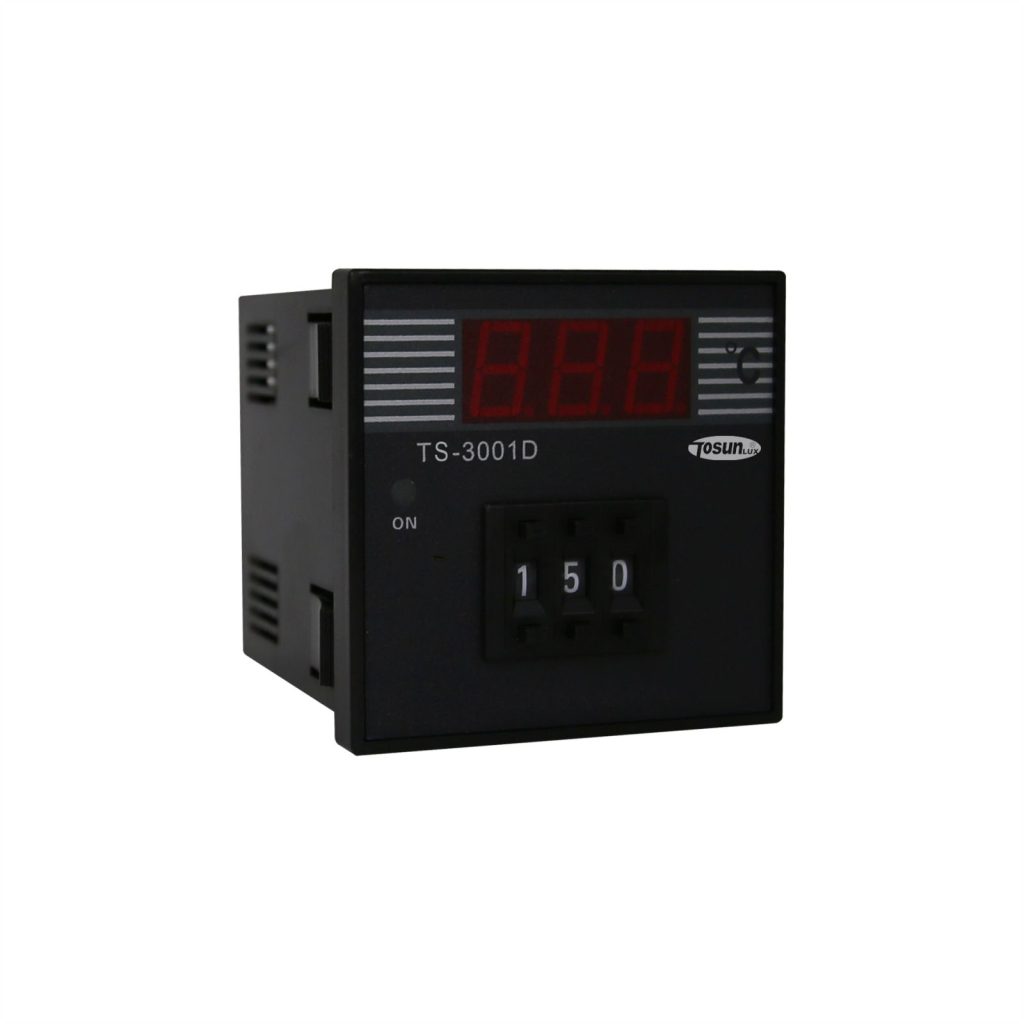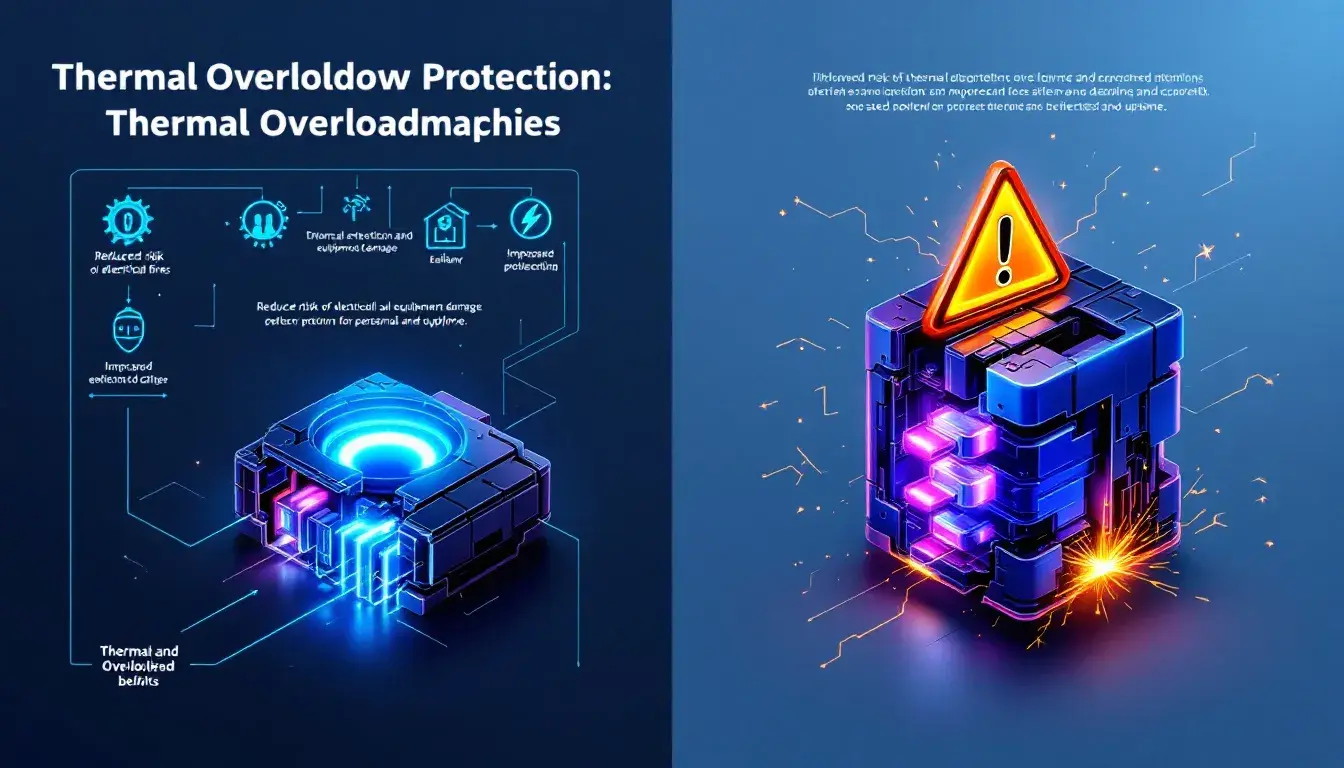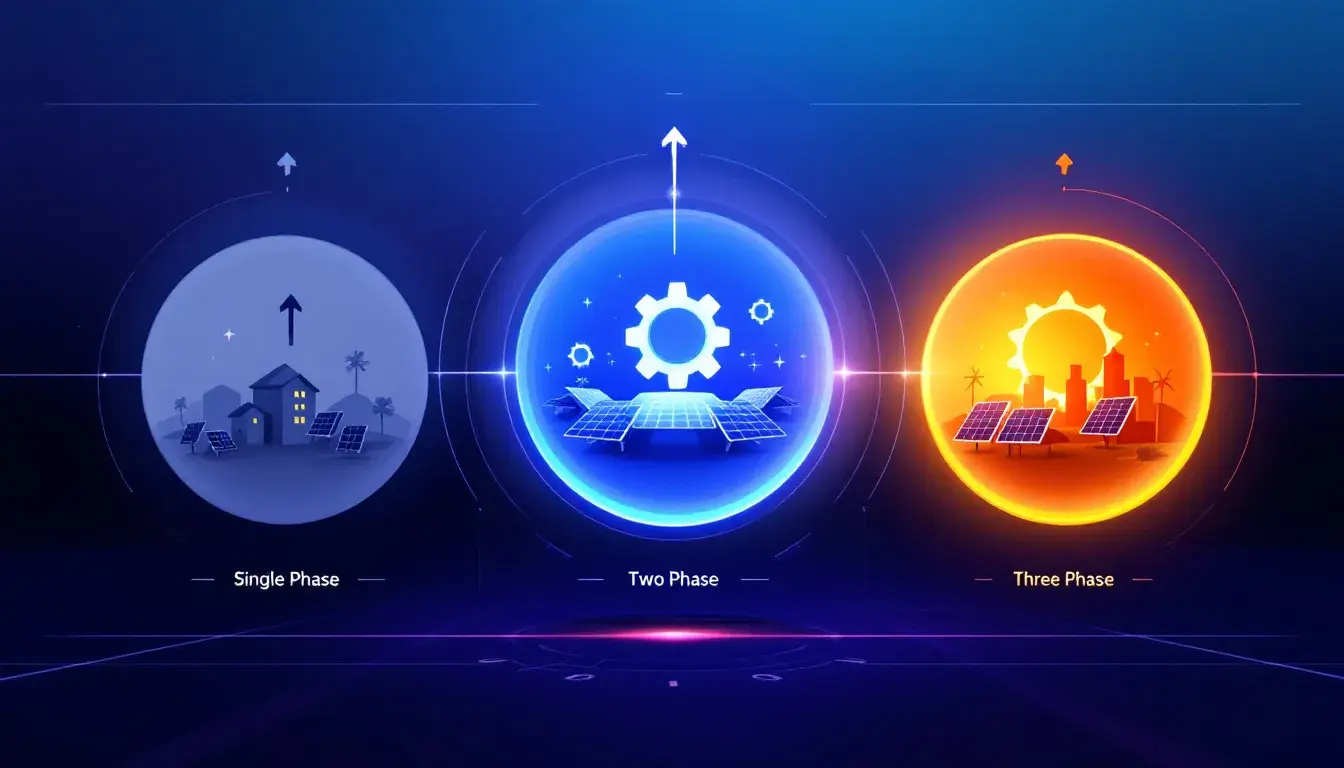How Do I Choose a Temperature Controller?
Table of Contents
ToggleChoosing the right temperature controller is essential for ensuring accurate and reliable temperature management, be it for home, commercial, or industrial uses..
But that can be difficult to do if you’re not a technical person. This guide will help you understand what things to consider when selecting temperature controllers.
What Are Temperature Controllers?
What are temperature controllers? Temperature controllers are devices designed to maintain a specific temperature within a given system. It does this by monitoring and adjusting the heating or cooling processes.
They are widely used in industries like manufacturing, food processing, HVAC, and even home appliances. These controllers ensure that the equipment or environment operates within the desired temperature range, enhancing safety, efficiency, and quality.
There are various types of temperature controllers, including on/off, proportional, and PID controllers, each suited to different needs. Tosunlux offers a range of digital temp controllers that provide precise and reliable solutions for a wide range of applications.
Related Reading: Temperature Controller Complete Guide
7 Factors to Consider When Choosing Temperature Controllers
When selecting the right temperature controller, several factors need to be considered to ensure optimal performance. Below are the key elements to focus on:
1. Application Requirements
The first step in choosing a temperature controller is understanding your application. Is the controller needed for industrial equipment, a household appliance, or a laboratory setting? The type of environment in which the temperature controller will be used determines the specific features and capabilities you’ll need.
| Expert Tip: |
2. Type of Control Method
There are different types of temperature controllers, each suited to different levels of control and precision:
- On/Off Controllers: Ideal for simple applications where precise control isn’t necessary. The controller turns the system on or off when the temperature crosses the setpoint.
- Proportional Controllers: Provide more precise control by adjusting output power based on the deviation from the setpoint.
- PID Controllers: The most sophisticated type, PID (Proportional-Integral-Derivative) controllers continuously calculate the error between the desired setpoint and actual temperature, applying adjustments to ensure highly accurate control.
For applications requiring fine-tuned control, Tosunlux offers a variety of temperature controllers that are both reliable and efficient.
3. Sensor Compatibility
Temperature controllers require sensors to measure the system’s actual temperature. The most common types are thermocouples and RTDs (Resistance Temperature Detectors). It’s important to choose a controller compatible with the sensor you plan to use.
- Thermocouples: Suitable for high-temperature ranges and harsh environments.
- RTDs: Offer better accuracy and stability at lower temperatures.
Make sure to match the sensor type with the controller for optimal performance.
4. Accuracy and Response Time
If your application demands high precision, you’ll need a controller with fast response times and high accuracy. A digital temp controller typically offers better precision than analog alternatives, making it ideal for applications where even slight temperature variations could impact performance.
Tosunlux’s digital temperature controllers are designed to deliver high accuracy and quick adjustments, ensuring reliable temperature regulation in both industrial and commercial settings.
5. Environmental Conditions
The environment in which the temperature controller will be used also plays a crucial role in selecting the right product. For example:
- Harsh Environments: Choose a controller designed to withstand extreme temperatures, dust, moisture, or vibrations.
- Controlled Environments: In clean and stable settings, controllers with basic protection may suffice.
For more demanding environments, Tosunlux offers rugged digital temperature controllers that can operate reliably even in challenging conditions.
6. User Interface and Display
An intuitive user interface and a clear display are important for ease of use. A digital temperature controller with a large, easy-to-read screen can make monitoring and adjusting the temperature much simpler. Some controllers even offer touchscreen functionality for added convenience.
Tosunlux temperature controllers feature user-friendly displays that simplify setup and monitoring, ensuring a seamless experience for operators.
7. Safety Features
Safety is critical, especially in industrial applications. Temperature controllers should include features like alarms, fail-safes, and emergency shut-off options to prevent overheating, freezing, or other system failures.
Tosunlux’s temperature controllers come equipped with built-in safety mechanisms, providing peace of mind and protecting your equipment from potential damage.
How Tosunlux Digital Temperature Controllers Meet These Needs
Tosunlux provides a wide range of digital temperature controllers that cater to various industries and applications. Some of the key features of Tosunlux controllers include:
- Multiple Input Types: Compatible with both thermocouples and RTDs.
- Compact Design: Space-saving and efficient.
- High Precision: Advanced PID technology for highly accurate temperature control.
- User-Friendly Interface: Easy-to-use displays and controls.
- Safety Features: Integrated alarms and fail-safes for enhanced system protection.
Whether you need precise temperature control for industrial machinery or everyday commercial applications, Tosunlux offers reliable solutions tailored to your specific needs. Explore the full range of Tosunlux temperature controllers here.
Find the Right Temperature Controller for Your Application
By understanding your application, selecting the appropriate control method, and considering factors like sensor compatibility and environmental conditions, you can find the perfect controller for your needs.
Tosunlux’s digital temperature controllers offer advanced features, user-friendly designs, and reliable performance for a wide range of applications. Contact us today!
FAQ
1. How do I choose the right temperature controller?
Consider factors like your application requirements, control method (on/off, proportional, PID), sensor compatibility, and environmental conditions. Tosunlux’s digital temperature controllers provide versatile and reliable options for various needs.
2. What are the types of temperature controllers?
The most common types are on/off controllers, proportional controllers, and PID controllers. PID controllers offer the most precise temperature regulation by continuously adjusting the system based on the setpoint.
3. How do digital temperature controllers work?
Digital temperature controllers monitor the system’s temperature using sensors (like thermocouples or RTDs) and make automatic adjustments to maintain the desired temperature by controlling heating or cooling mechanisms.
4. What are the key features of Tosunlux temperature controllers?
Tosunlux digital temperature controllers offer high precision, compatibility with various sensors, user-friendly interfaces, and built-in safety features like alarms and fail-safes for reliable temperature control.
5. Why is sensor compatibility important in temperature controllers?
The type of sensor (thermocouple or RTD) determines the controller’s accuracy and performance. Ensuring compatibility between the controller and sensor is essential for optimal temperature regulation.
Tel: +86-577-88671000
E-mail: ceo@tosun.com
Skype: tosunelectric
Wechat: +86-139 6881 9286
WhatsApp: +86-139 0587 7291
Address: Room No.1001 Wenzhou Fortune Center,Station Road, Wenzhou, China
REQUEST A QUOTE
WhatsApp us
 : +86-139 0587 7291
: +86-139 0587 7291 English
English Español
Español Русский
Русский Français
Français العربية
العربية Português do Brasil
Português do Brasil Українська
Українська Türkçe
Türkçe Polski
Polski Nederlands
Nederlands Italiano
Italiano Bahasa Indonesia
Bahasa Indonesia हिन्दी
हिन्दी اردو
اردو አማርኛ
አማርኛ Հայերեն
Հայերեն ไทย
ไทย Монгол
Монгол فارسی
فارسی Shqip
Shqip Ελληνικά
Ελληνικά



